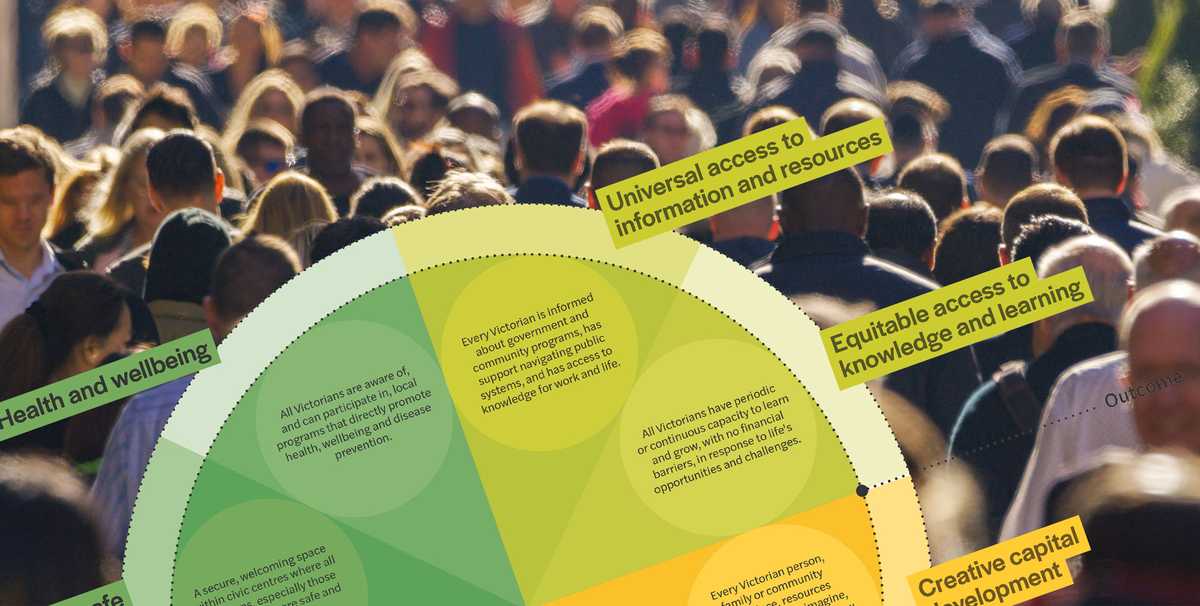
As we enter 2024, companies are facing a range of challenges related to buyer behaviour:
- Increasingly complex factors influence buying decisions – from cost of living to local and global social and environmental considerations.
- When a customer is highly involved with the purchase (e.g. health or care services) and there aren’t significant differences between brands, behaviour is informed by identity and psychological factors.
- When value is attributed to non-commercial experiences or transactions, expectations can be high but difficult to understand, and behaviours hard to predict.
- Although not factoring it into strategy and planning, B2B customers operate within a social system, influencing other companies and stakeholders.
- Highly regulated industries face system and policy constraints which influence behaviours.
- Technology can make it easier to switch brands, and customers are wary of being ‘locked in’ to contracts and environments where there is a lack of responsiveness to personal circumstance.
Consumption is behaviour. So, business needs to understand theory and practice of buyer behaviour change.
Every customer transaction is a behaviour informed by a complex set of values, social norms, cognitive bias, identity perceptions (beyond commonly tracked demographic data) that can be understood and influenced.
Every customer engagement is an opportunity to demonstrate company behaviour that evidences the value proposition, encourages collaboration, and brings the brand to life.
Understanding how these moments are experienced by different customer typologies, and delivering meaningful responses, are key to achieving purpose and scaling financial returns.
What the evidence on buyer behaviour change tells us is that:
- Decision-making typically occurs in two distinct systems: fast, intuitive, subconscious; and, slow, deliberate, conscious.
- People decide on companies, services and products based on values, identity, and social influences.
- Perception and behaviours that increase brand equity are subject to social influence and cognitive bias.
- Although motivation might be high, capability and opportunity may be low and act as barriers to purchase – addressing personal and situational factors, enables the buyer.
- Demographic data doesn’t explain buyer behaviour well enough to grow customer numbers or yield.
This article out of the US is a good summary of the context and benefits.
Adopting this “win-win-win” mentality is critical to the long-term adoption of behavioural science in the private sector, for several reasons:
- It directly addresses and helps mitigate ethical concerns and ensures behavioural science is associated with positive change, rather than manipulation.
- It helps to clearly distinguish behavioural science from traditional marketing/sales efforts, which are not necessarily rooted in the good of the consumer.
- It positions behavioural science as a catalyst for a more sustainable approach to business, which aims to serve the long-term needs of all stakeholders (and society).
So how might brand, category and product managers address behaviour?
We have built a research system and behavioural models, based on academic and commercial evidence, to:
- Accurately predict behaviours and frame and guide decision-making.
- Assess the impact of ESG initiatives on customer behaviour.
- Map behaviours within systems and environments.
- Marry behavioural science with experience design and brand, marketing and communication strategy and activation.
- Integrate customer data with behavioural insights to define patterns, nudge, and intervention points along the customer journey / lifecycle.
- Design user experience and technology to address behavioural drivers.
- Prioritise adjustments and activity to increase customer retention and yield.
- Acutely design and place the value proposition.
Governments have been using behavioural science for over a decade, setting up dedicated teams and training departmental staff to embed behaviour change in policy, strategy and implementation.
We hope this is the year business does the same and invests in behavioural science. Because, too often, it is absent in design processes, strategy activation, customer planning, and workforce development.
The more we seek to understand why people think and behave a certain way, the more aware we become of our responsibility in relationships, and how we can create lasting value.

